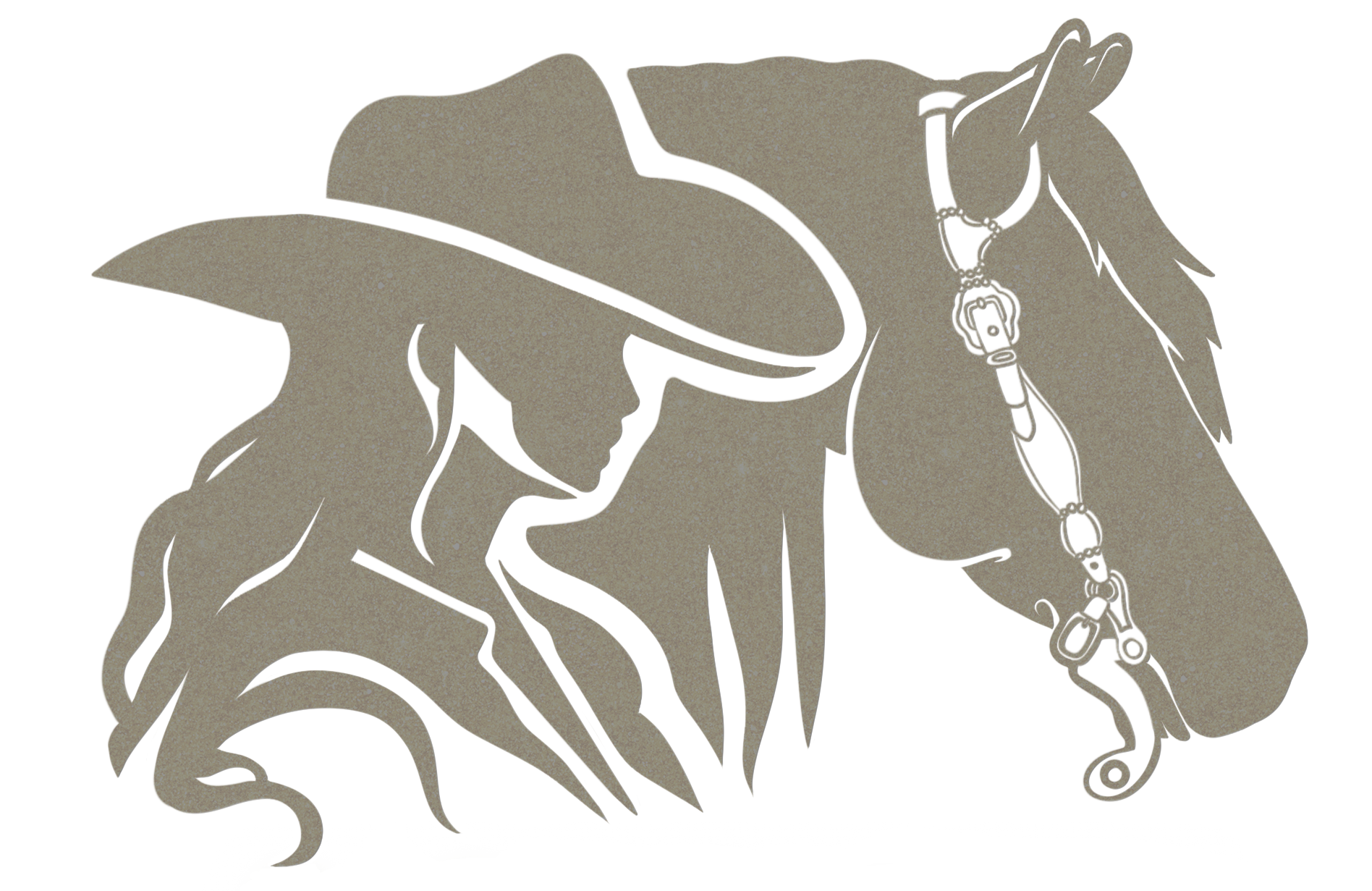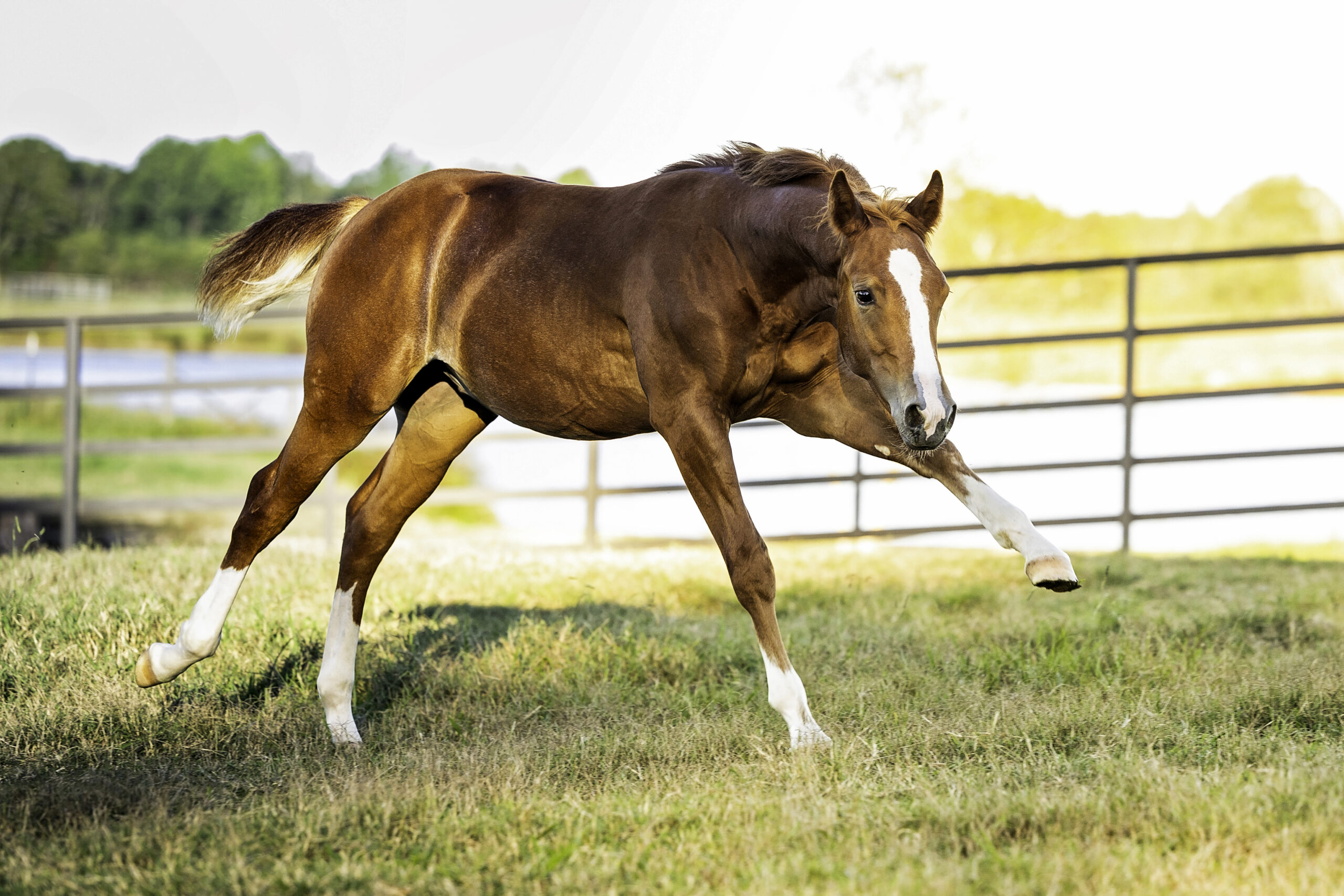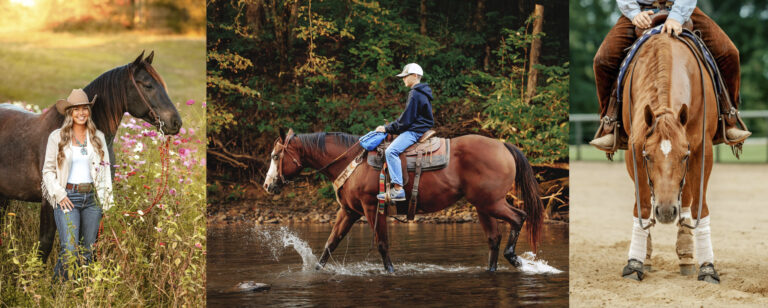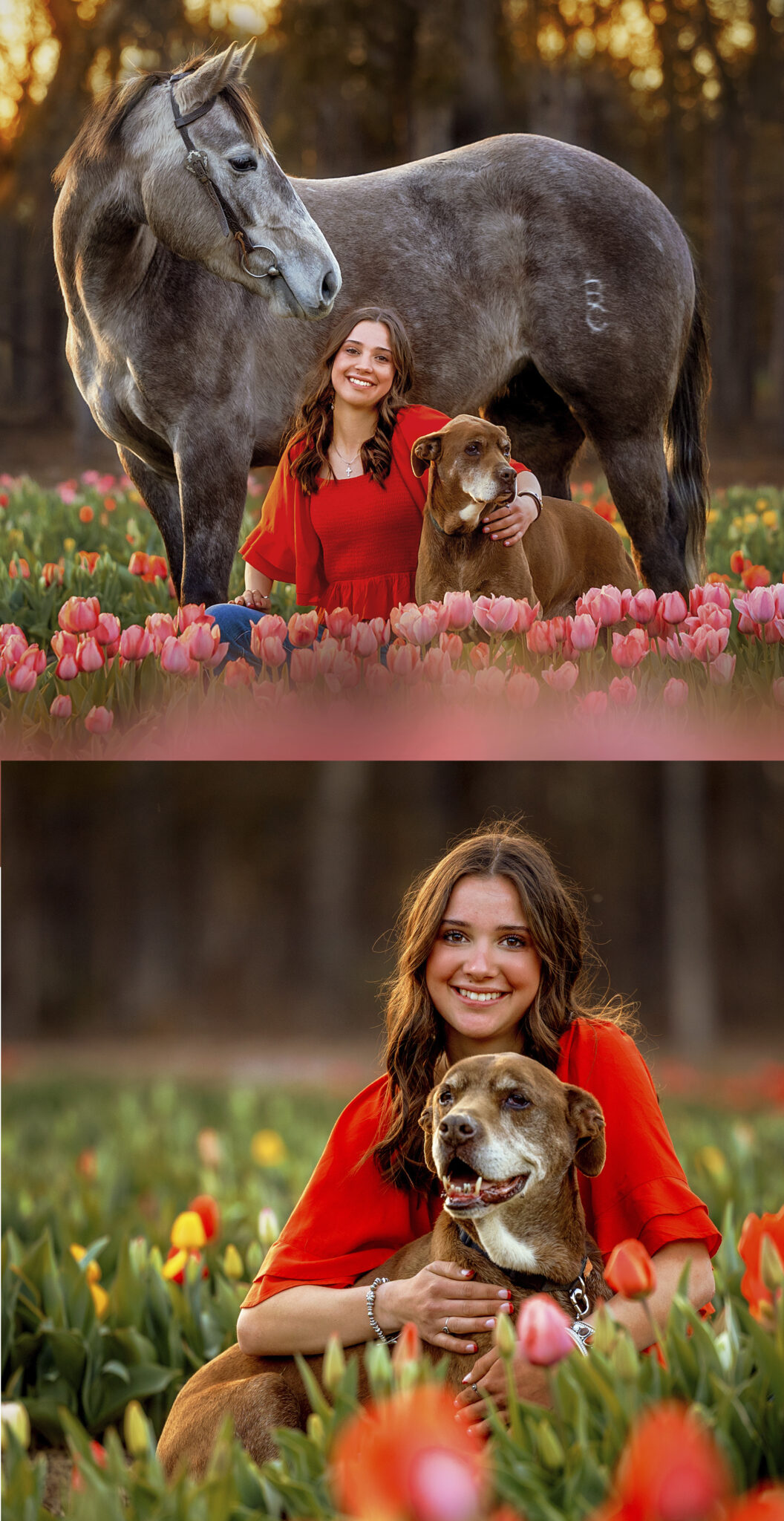10 Essential Tips for Preventing Colic in Horses
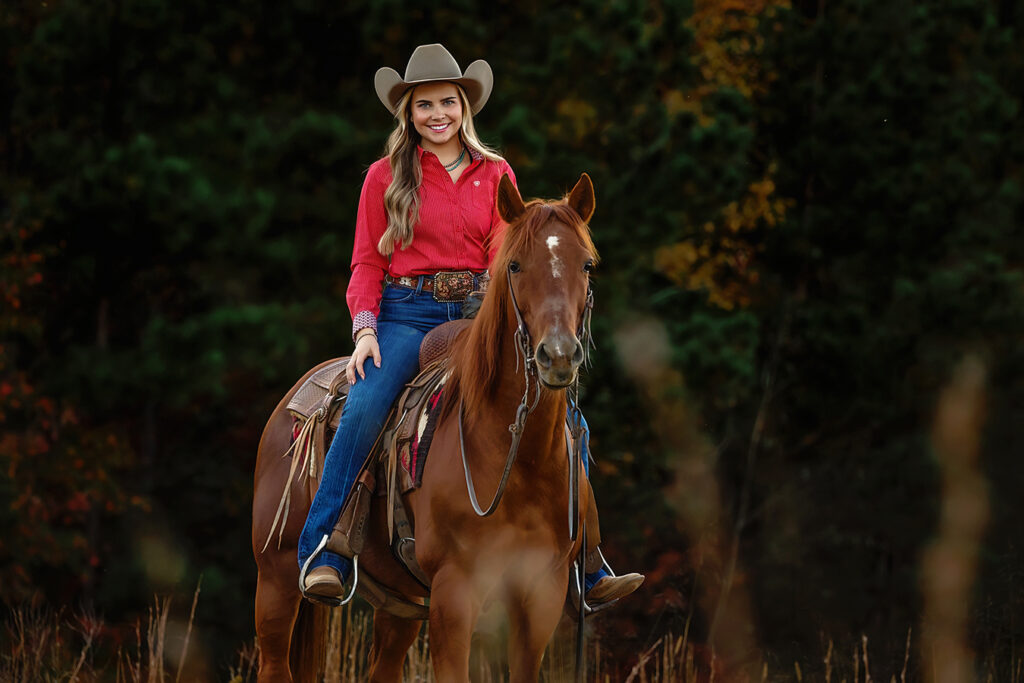
How to Prevent Colic in Horses: 10 Essential Tips for Horse Owners
Horse Health
Colic is one of the most common and serious health issues facing horses. As a horse owner, understanding how to prevent colic can save your horse from pain and discomfort. In this blog post, we’ll explore effective strategies to help keep your horse healthy and happy.
Understanding Colic
What is Colic?
Colic refers to abdominal pain in horses, often caused by digestive disturbances. Symptoms can range from mild discomfort to severe distress, and in some cases, colic can be life-threatening.
Common Causes of Colic
Some common causes of colic include:
- Parasite infestations
- Sudden changes in diet
- Inadequate water intake
- Stress or anxiety
- Poor dental health
Preventive Strategies
1. Maintain Consistent Feeding
Establishing a regular feeding routine can help regulate your horse’s digestive system. Introduce any dietary changes gradually over a period of 7-10 days.
2. Provide Quality Forage
Ensure your horse has access to high-quality hay or pasture. Avoid feeding moldy or dusty hay, as it can irritate the digestive tract and lead to colic.
3. Ensure Adequate Water Intake
Always provide clean, fresh water. Horses need to stay hydrated, especially during hot weather or after exercise, to maintain healthy digestion. You can also soak alfalfa in water and make a soup or mash to ensure they get enough hydration.
4. Make Sure Your Horse is Consuming Enough Salt
It’s important to make sure your horse is getting enough salt, especially when the seasons change. Sodium is vital because it encourages your horse to drink more water, keeping them hydrated. For example, an 1,100-pound horse needs about 10 grams of sodium each day when at rest, which you can provide with 1 ounce (about 2 tablespoons) of table salt. A good rule of thumb is to feed 1 tablespoon of salt per 500 pounds of body weight.
I prefer to add salt directly to my horse’s feed each day, rather than relying only on a salt block. But I still keep a salt block available, so they can have more if they feel the need. If you’re using only a salt block for daily sodium intake, an 1,100-pound horse would need to consume a 2-pound block each month.
5. Encourage Regular Exercise
Regular exercise promotes gut motility. Ensure your horse has space to move around freely, whether through turnout or riding.
6. Practice Safe Feeding Habits
Feed smaller, more frequent meals to prevent overloading the digestive system. Be cautious with high-starch feeds, and avoid feeding directly from the ground to reduce the risk of ingesting dirt and sand.
7. Monitor Body Condition
Keep an eye on your horse’s weight and overall condition. Obesity can increase the risk of colic, so aim for a healthy body condition score.
8. Reduce Stress
Create a calm environment for your horse. Introduce new horses or changes in routine gradually to minimize stress, which can negatively impact digestion.
9. Schedule Regular Veterinary Care
Routine check-ups and dental care are essential. Discuss a parasite control program with your veterinarian to keep worms at bay, as infestations can contribute to colic.
10. Be Vigilant for Signs of Distress
Always be observant of your horse’s behavior. Early detection of colic symptoms, such as rolling, pawing, or refusal to eat, can be critical for effective treatment.
Take-Home Message
While it’s impossible to completely eliminate the risk of colic, understanding its common causes is crucial. By being proactive and implementing effective management strategies, you can significantly decrease the likelihood of colic occurring in your horse. Staying vigilant and prepared will go a long way in ensuring their well-being.
Conclusion
Preventing colic in horses requires a proactive approach and attention to detail. By following these strategies, you can help ensure your horse remains healthy and free from digestive issues. Always consult with your veterinarian for personalized advice tailored to your horse’s specific needs. Keeping your horse happy and healthy is the best way to prevent colic!
